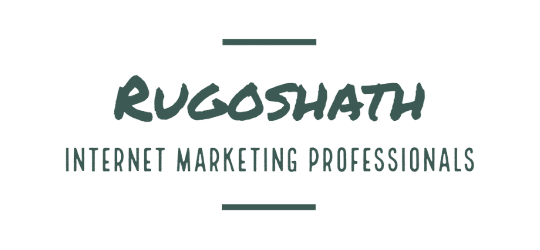Search Engine Optimization, What is it?
SEO or search engine optimization is simply optimizing your website or blog for search engines. This means you can improve your chances of having your website or blog displayed on the first page of search engines like Google, Yahoo, and Bing if your on-page SEO has been set up correctly.

However, even on-page optimization only sometimes guarantees the page will rank on page 1, as many factors determine what is shown in all the major search engines' search results.
Not all search engines have the same algorithms, so if one of your pages ranks well on Google, it will not necessarily rank well on Bing or Yahoo, for example, and vice versa.
Algorithms have many things to consider before deciding where to rank your site in the search engine rankings. Check out our top 5 on-page SEO tips here.
What types of SEO are there?
Search engine optimization (SEO) is a process of optimizing websites to ensure that they are easily discovered and indexed by search engines.
It involves both on-page and off-page techniques, such as creating keyword-rich content, link building, internal linking, and other tactics that can help increase visibility in the search results.
SEO helps website owners improve their rankings in the organic search engine results pages (SERPs), making them more visible to potential customers searching for specific products or services online.
While there is no one-size-fits-all approach to SEO, understanding the different types of SEO available can help you choose the right strategy for your business needs.
There are two types of SEO, namely, on-page and off-page SEO.
I'm not going to go into great detail on each one and the difference, but I'll give you a brief explanation.
On-page SEO is what you do ON your website, including Meta tags, loading speed, layout, content, and user-friendliness.
Off-page SEO, as the words suggest, is what you do OFF page.
For example, if you have social media profiles like Facebook or Twitter accounts for your website or business, you want to link those pages to your website or blog if they're relevant to your writing.
These off-page backlinks, as they are called, will tell Google and other search engines to follow the links and mark them as related or of interest.
This depends on whether the links are no follow or do follow, as well as how and where you place your links exactly, but that's another story.
Now there are many ways to do both on-and-off page optimization which I'll discuss in another post.
But for now, you know what search engine optimization is, and that's a great start. Good luck!
Recommended reading:
